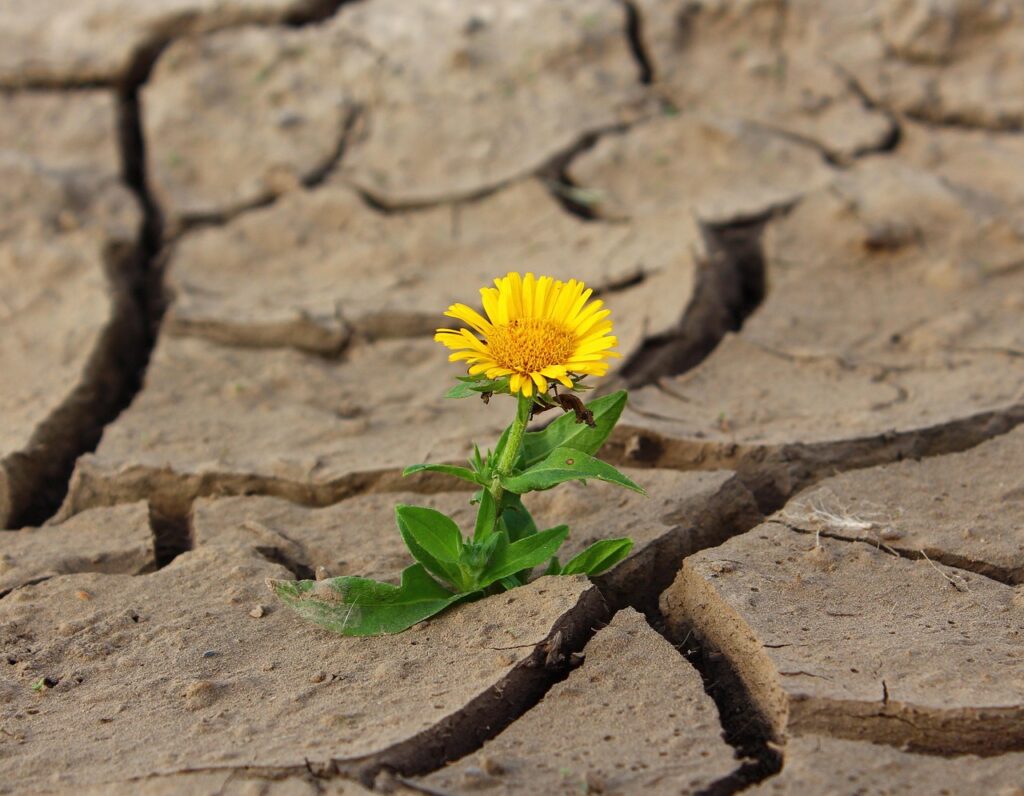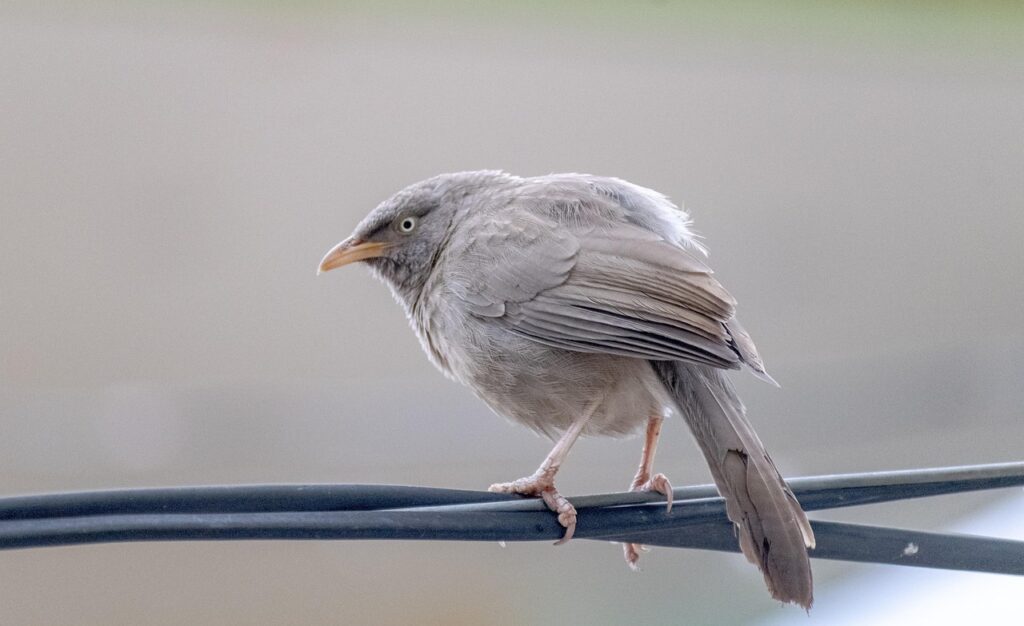
In my several decades as a nonprofit professional, there are a couple of harrowing occasions that have seared themselves into my soul, causing me to wake up in the middle of the night, filled with rage. One of these occasions involved cryptocurrency, some sock puppets, and 12 gallons of bleach, but that’s a story for another time.
The more relevant occasion for this topic was when I sat facing several grim-looking board members as they chewed me out during my annual review. I came into the meeting so proud of what the team and I had accomplished that year, and left feeling like garbage, a mixture of confusion, shame, and sadness. I was seriously thinking of quitting and finding a new job. Or possibly becoming a hermit. A hermit with reliable Wi-Fi to watch Game of Thrones (It was still a great show at that time).
Annual reviews are done so horribly in our sector, because they’re often done thoughtlessly, taking toxic processes and philosophies from white corporate models. What works over there in a competitive, profits-oriented environment doesn’t mean it’ll work here in a sector where a lot of people are trying to make the world better while being underpaid, wearing “multiple hats,” using Mesozoic-era printers, and burning out. Throw in the shitstorm that is our socio-economic-political situation, and people are barely hanging on by a gossamer thread.
Continue reading →




